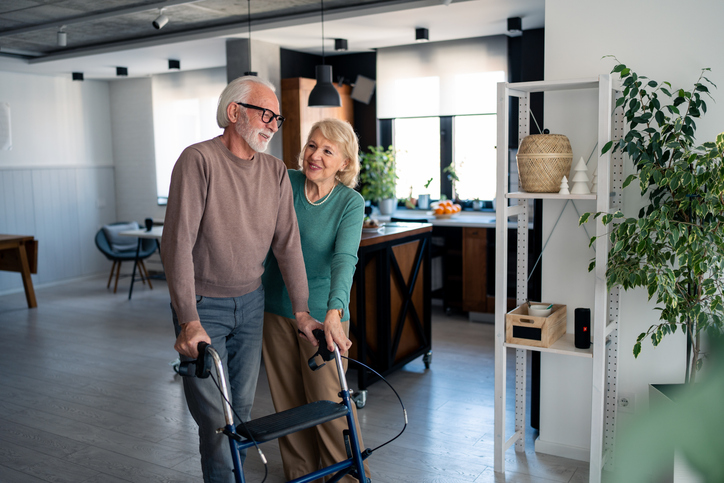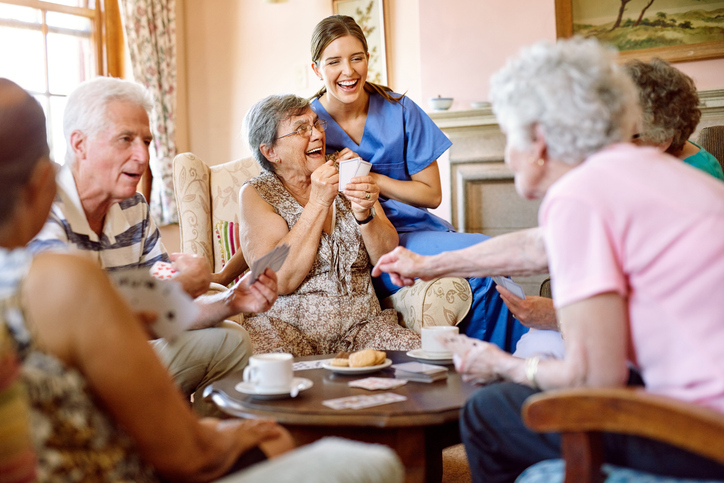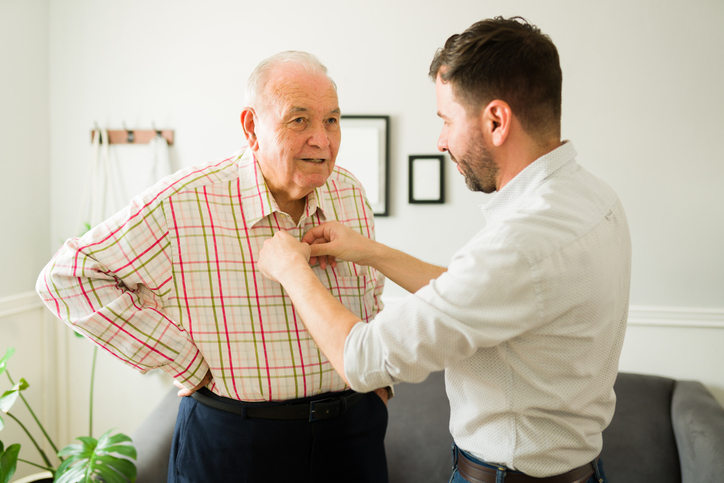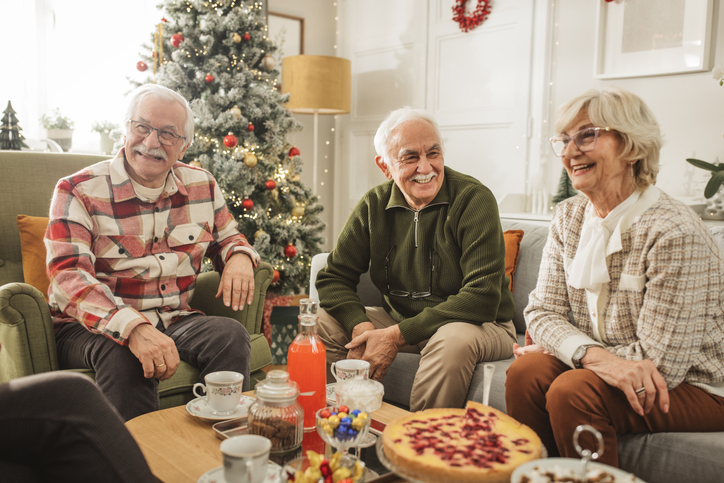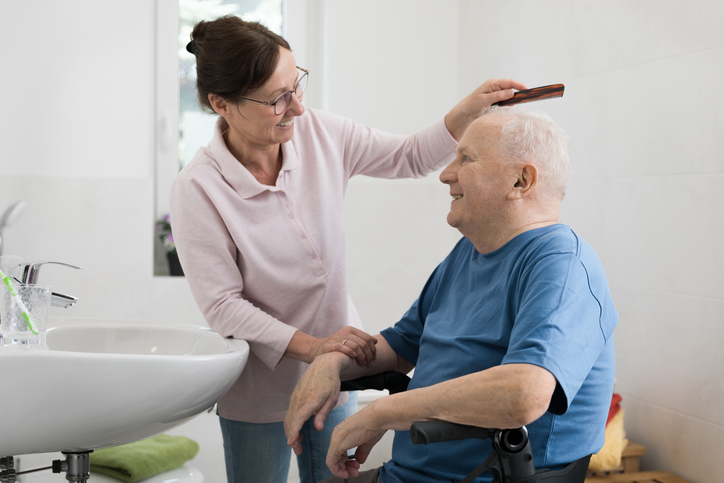As we age, everyday tasks that were once effortless can become more challenging. Thankfully, assistive devices for seniors are designed to help older adults maintain independence, stay safe, and improve overall quality of life. From mobility aids to smart technology that enhances accessibility, these tools empower seniors to handle daily activities with greater confidence and comfort.
Mobility and Fall Prevention Tools
One of the most common challenges seniors face is maintaining balance and mobility. Simple devices can make a major difference:
- Walkers and rollators: Provide stable support while walking, especially for seniors who tire easily or have balance issues.
- Canes with ergonomic handles: Help distribute weight and reduce strain on joints.
- Bed and chair assist handles: Offer support when standing up or sitting down, reducing the risk of falls.
According to Healthline’s guide to assistive devices for the elderly, these tools not only help with walking and stability but also promote confidence and reduce the likelihood of injury in the home.
Daily Living Aids
Assistance isn’t just about getting from point A to point B. Many devices make routine tasks easier:
- Reachers and grabbers allow seniors to pick up items without bending or stretching.
- Jar openers and adaptive utensils help those with limited hand strength maintain independence in the kitchen.
- Sock aids make dressing less frustrating for individuals with limited flexibility.
These everyday living aids help seniors complete tasks they might otherwise avoid due to discomfort or physical limitations.
Vision and Hearing Support Technology
Maintaining connection with the world around you is vital for emotional well-being. For seniors with vision or hearing loss, assistive technology can bridge gaps:
- Screen readers and magnification software help individuals with low vision access computers, phones, and tablets. Tools like those highlighted by the American Foundation for the Blind provide alternative ways to read and interact with digital content.
- Amplified phones and hearing assistive devices make conversations clearer and more accessible.
Technology continues to evolve, offering more intuitive and user-friendly options that help seniors stay connected with loved ones and engaged with their communities.
Smart Home Devices
Smart home devices bring convenience and safety into daily life. Voice-activated assistants can control lights, thermostats, and reminders. Motion-sensing lights reduce the risk of nighttime falls, and smart doorbells improve security by allowing residents to see visitors without needing to open the door.
Finding the Right Balance of Support
Every senior’s needs are different. What works for one person might not be necessary for another. Caregivers can help evaluate daily challenges and determine which assistive devices will provide the most benefit. Simple changes can yield big gains in independence and comfort
Discover Support That Makes Life Easier
At McPeaks Assisted Living, we support residents with a range of tools and services that enhance daily life while promoting independence and safety. If you’d like to learn more about how we help seniors live more comfortably and confidently, contact McPeaks Assisted Living or call 631-475-0445. We’re here to help your loved one live their best life.

